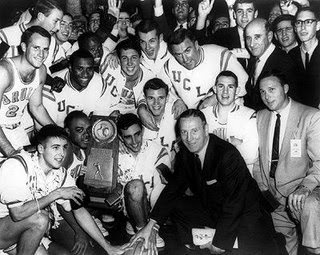A report leaked last week that the Federal Reserve was considering lowering the 30 year fixed rate to 4.50%, over a percent lower than the current market, in an effort to stimulate home buying.
- “The plan, which is in the development stage, would temporarily use the clout of mortgage giants Fannie Mae and Freddie Mac to encourage banks to lend at rates as low as 4.5%.”
- “The plan remains in discussion and may not be made final before the Bush administration’s term ends in January.”
- “The lower interest rates would be available only to borrowers who are buying a home, not those refinancing a mortgage.”
- “Borrowers would have to qualify for a mortgage guaranteed by Fannie, Freddie or the Federal Housing Administration. Those guarantees apply to loans where borrowers can document their income and afford their monthly payments, steering the government away from backing loans considered risky.”
How would this happen…and would it work?
Fixed mortgage rates are tied to Mortgage Backed Securities (MBS) which are similar to stocks except that they are tied to mortgages as the security whereas a company is the security for a stock. Both stocks and MBS are priced based on supply and demand. The more investors want a stock the higher the price goes and vice versa. MBS function the same way.
Because the price is determined by supply and demand, the Fed would have to artificially drive the rates down to 4.50%. In plain terms, they would pay to get them down. The only source of cash I know about would come through borrowing or printing the money needed to pay the difference between the current market rates and the new target rate.
When the government borrows and/or prints money, it is inflationary. Inflation simply means that the dollar you have now will not go as far in the future because it is worth less. By artificially driving down rates they will be stoking the inflation fire.
In summary, can the government artificially drive down rates? Yes.
If they do, will it last long? I do not see how it could based on the mechanics of the market I have described above.
If they do it, who will benefit? Because it will take money to drive the rates down the Feds would need to identify some parameters on what loans they would offer this on. It will certainly only be purchase loans as mentioned in the WSJ and I speculate that it will be for a specific target market, maybe a certain loan amount range and quality of buyer. They do not have the money to open it up to all loans of any size or type and any and all borrowers.









